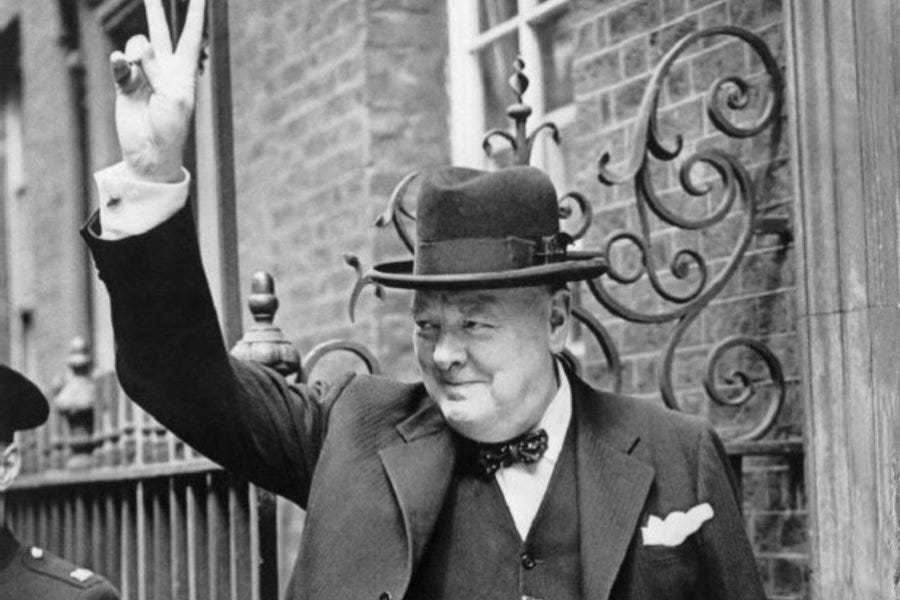Next time your life is falling apart, remember to smile. It might just be a blessing in disguise.
Welcome new readers! If you’re reading this but haven’t subscribed you can subscribe here:
Disruptive
Billy Beane had it all. Aged 18 he was one of the hottest baseball prospects on the planet. He had the speed, the throw, the swing. The sky was the limit.
But he bottled it. He failed to live up to the hype and spent a career knocking around the lower leagues.
That, however, might have been the best thing that ever happened to him. Because it planted the seed for what came next.
Beane is the main character in Michael Lewis’s Moneyball. It tells the true story of how he took an underfunded baseball team, the Oakland As, and turned them into the most successful baseball team in history. It was not an accident.
Beane’s success came from a realisation that baseball was broken. The existing system, riddled with biases, hopelessly misjudged players. It overvalued traits like speed, and missed what was really important. Using statistics Beane turned baseball on it’s head. (I won’t go into the numbers here. If you’re interested then do read the book. It’s a cracker.)
Would he have disrupt the game if he’d made a success of his playing career? I suspect not.
24 Years
Let’s go from the baseball field to the battlefield.
Winston Churchill needs no introduction. He emerged as Great Britain’s defining hero in the Second World War. But what’s less known is his disastrous contribution to the First World War.
In 1915 he led the ally’s invasion of Gallipoli. It was bloodbath. 250,000 allied causalities in the 9 month campaign. Churchill alone was the scapegoat.
24 years passed between that campaign and the Second World War. 24 years to galvanise the man who would lead a nation’s last stand.
There’s a stark contrast between the War Room of London and the trading room of the Oakland As. But the narrative is the same. A figure forged by failure steps up to change the game.
I’m not suggesting you need to lead a disastrous campaign against the Turkish. Or that you wait for 24 years to make a correction. But I am suggesting that getting it wrong is not something to be feared. In fact it’s the quickest path to getting it right.
A Peek Behind the Curtain
Failure gives you a peek behind the curtain. It’s easy to philosophise about your successes but it’s failures that show you the cold hard truths.
In hindsight it was obvious that baseball was broken. The writing was on the wall. But it was impossible for anyone in the system to see that. No, it took a man who the system had chewed up and spat out.
Disruption starts as a secret. It starts as an understanding that everyone else is wrong about how the world works. Every startup begins as a bet that you know a secret the rest of the world doesn’t. The successful startups are the ones who turn out to be right.
The best secrets don’t come from a warm MBA lecture hall. They don’t come from a comfortable consulting job. They come from failing. From being chewed up by life. Steer for that.
My Week in Books📚
Moneyball by Michael Lewis
So good. Conventional wisdom is not so wise. Loved the film and the book is even better. Highly recommended.
Nine Lies About Work by Marcus Buckingham and Ashley Goodall
An astute view of the working world. Lots of counter intuitive ideas. They make a compelling case.
I’ll be updating the books I’ve read this year here. Any recommendations? Let me know!
A Final Thought 💡
“It’s not how far you fall, but how high you bounce that counts.”
- Zig Ziglar





